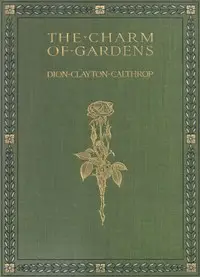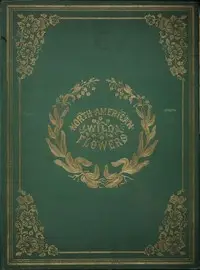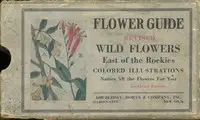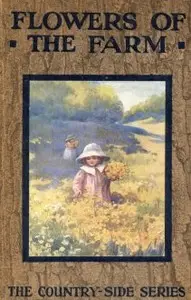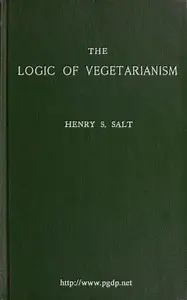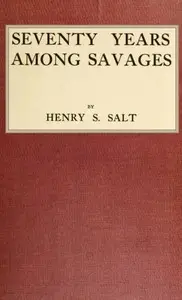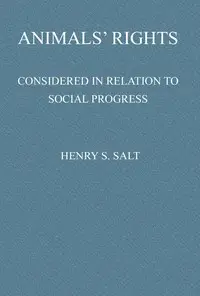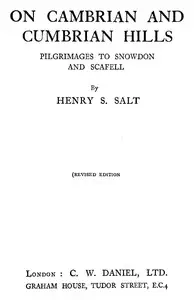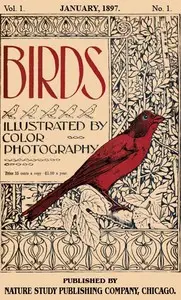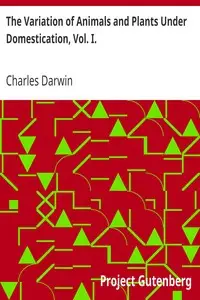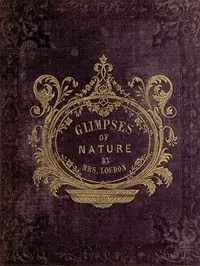"The Call of the Wildflower" by Henry S. Salt is a collection of essays about appreciating nature, specifically wildflowers, and it highlights the importance of finding joy in natural environments and seeing flowers as companions. The book starts with the author's expression of love for wildflowers and the happiness they bring when discovered in the wild, in contrast to cultivated garden plants. Salt mentions it was harder to find and understand these flowers, explaining the importance of free, natural beauty and sharing his ideas about humans and nature at the time, while worrying about natural areas are being lost to cities and destructive habits. Then, the author sets the story up to go further into fields of flowers in Britain, suggesting a journey of meditating in nature.

The Call of the Wildflower
By Henry S. Salt
Worrying about the loss of natural spaces, one man’s journey shows the beauty and emotional comfort of wild blooms over cultivated garden plants.
Summary
About the AuthorHenry Shakespear Stephens Salt was a British writer and campaigner for social reform in the fields of prisons, schools, economic institutions, and the treatment of animals. He was a noted ethical vegetarian, anti-vivisectionist, socialist, and pacifist, and was well known as a literary critic, biographer, classical scholar and naturalist. It was Salt who first introduced Mohandas Gandhi to the influential works of Henry David Thoreau, and influenced Gandhi's study of vegetarianism. Salt is considered, by some, to be the "father of animal rights", having been one of the first writers to argue explicitly in favour of animal rights, rather than just improvements to animal welfare, in his book Animals' Rights: Considered in Relation to Social Progress (1892).
Henry Shakespear Stephens Salt was a British writer and campaigner for social reform in the fields of prisons, schools, economic institutions, and the treatment of animals. He was a noted ethical vegetarian, anti-vivisectionist, socialist, and pacifist, and was well known as a literary critic, biographer, classical scholar and naturalist. It was Salt who first introduced Mohandas Gandhi to the influential works of Henry David Thoreau, and influenced Gandhi's study of vegetarianism. Salt is considered, by some, to be the "father of animal rights", having been one of the first writers to argue explicitly in favour of animal rights, rather than just improvements to animal welfare, in his book Animals' Rights: Considered in Relation to Social Progress (1892).

